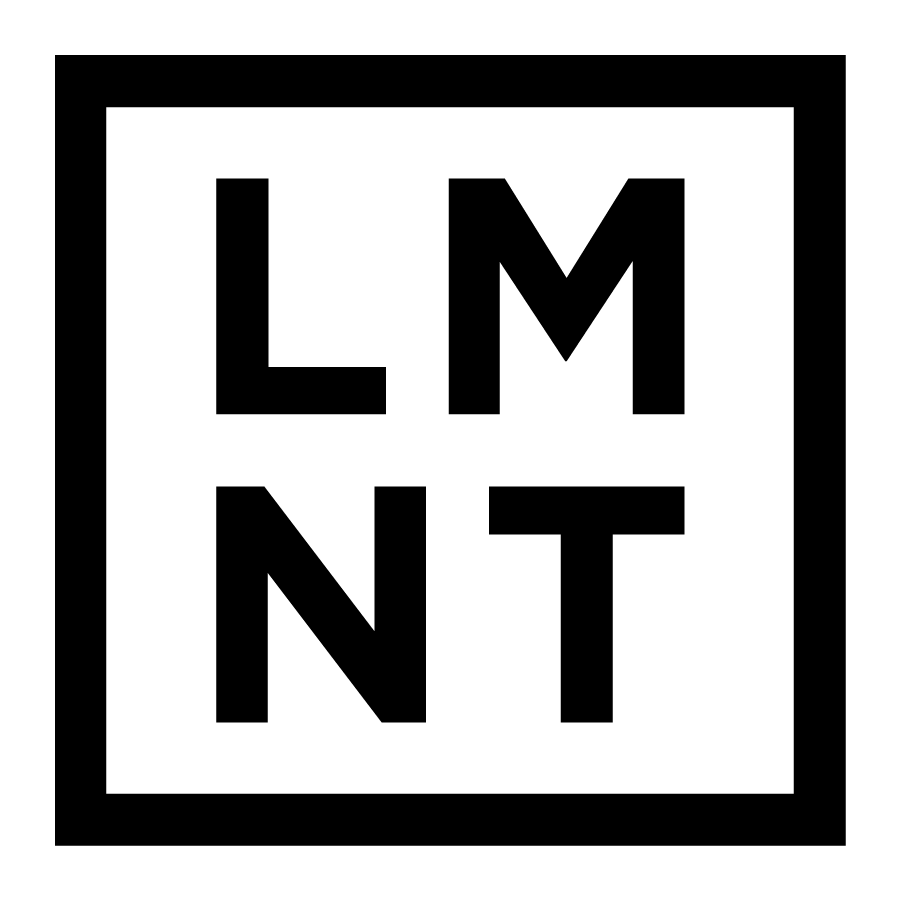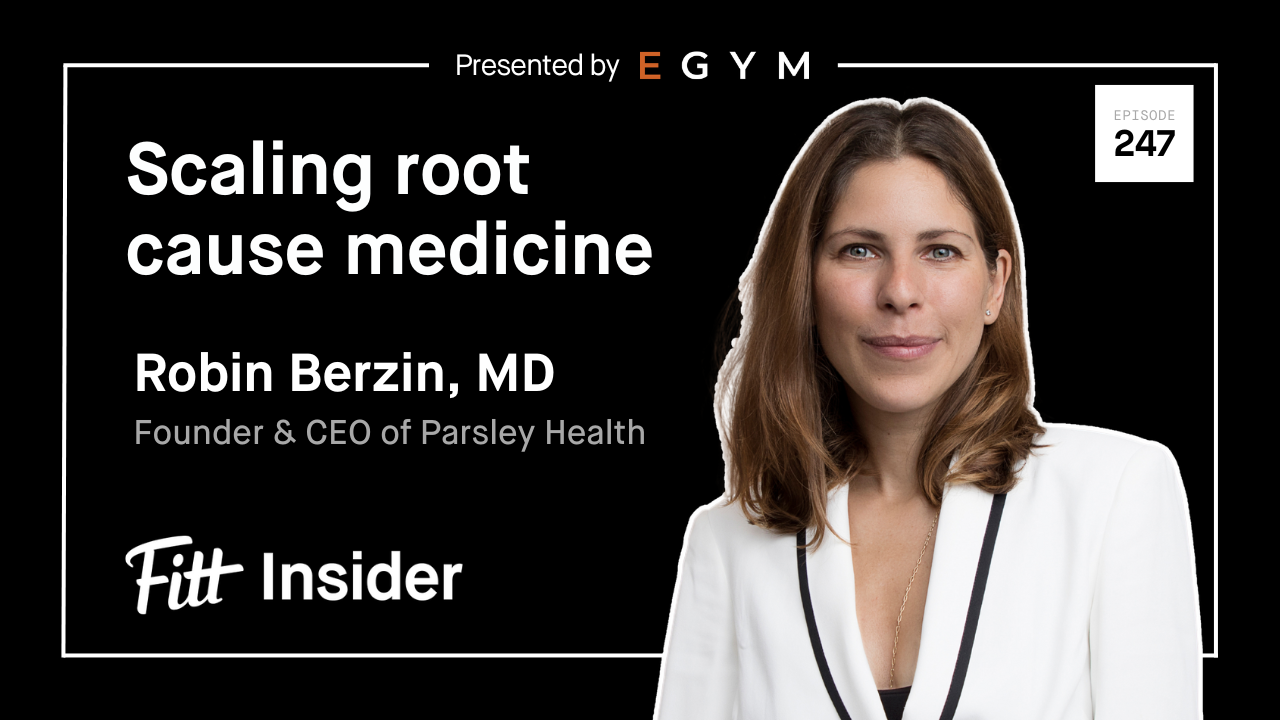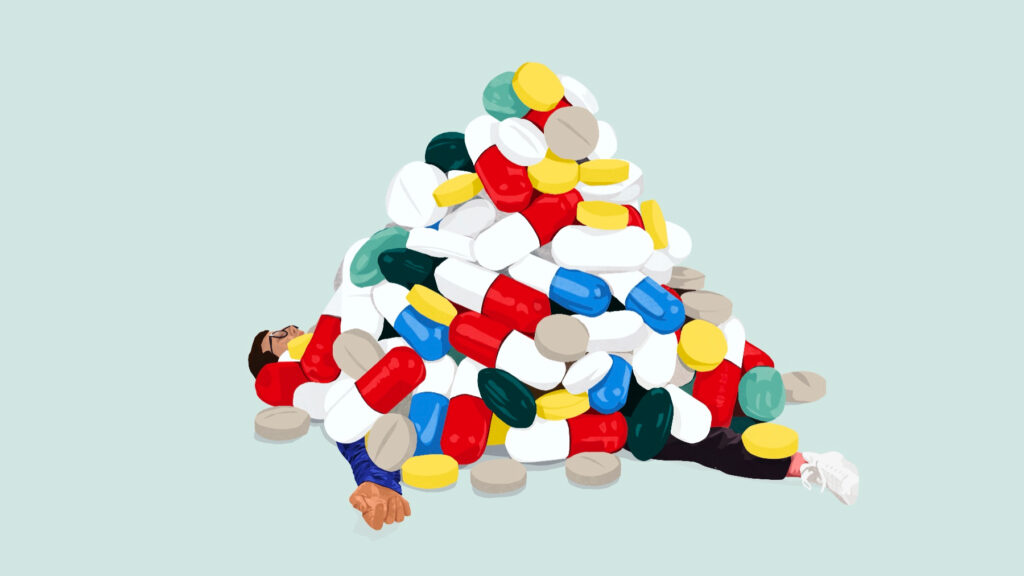
More Salt, Not Less
Supplements still have a lot to prove.
Running Low
Despite eating excess calories, most US adults are malnourished.
- Energy-rich, nutrient-poor UPFs comprise almost 60% of daily calories.
- Malnutrition deaths rose from ~9.3K in ’18 to over 20K in ’22.
- 95% of Americans are low on vitamin D, 84% on vitamin E, and ~45% on vitamins A/C.
Missing crucial nutrients, 86% of consumers are turning to supplements to fill gaps, but only 24% know what deficiencies they’re trying to solve for.
Flying blind, they’re counting on brands to guide them.
What Supp
From multivitamins to probiotics, drink mixes, gummies, herbs, and powders, supplements are a $381B global market.
But with 89% of US products labeled incorrectly, choosing a reputable brand is challenging. Plus, Americans have to navigate ever-changing guidelines around what supps are worth it.
- A 2024 study found fish oil helps those with heart issues but may increase risk of stroke and AFib among healthy people.
- Published this year, a 22-year study suggests supplementing vitamin D and calcium doesn’t preserve bone health in postmenopausal women.
- In June, a 20-year NIH analysis of data from 400K Americans showed multivitamins don’t extend lifespan.
Unphased, 92% of supplement takers still believe they’re essential for health. But with the industry under scrutiny, transparency has become a top sell.
Chemistry Lessons
Evolving the category, next-gen supplement makers are investing in research and education.
Funneling CPG profits into its biotech arm, Seed built a $1B consumer brand, convincing people daily probiotics are key and inventing a first-of-its-kind vaginal synbiotic.
Acquired by L Catterton for $680M, Thorne offers at-home health tests alongside third-party certified supps, providing biometric-based product suggestions and measurable baselines.
Expecting $200M in ’24 sales, Ritual breaks down both its science and supply chain. Checking itself, US Military-backed Momentous nixed a top-seller for failing to meet efficacy standards.
N-of-1. Instead of broad-sweeping formulas, some brands are getting hyper-personal.
Elo 3D-prints precision gummies based on bloodwork and wearable data, while Bioniq’s AI creates customized blends from diagnostics and a detailed questionnaire.
Edibles. Micronutrients from food are ideal, but a balanced menu takes time and effort.
With meals + supps, Sakara Life teaches consumers to address metabolism, microbiome, and hormones holistically, while GEM makes nutrient-dense snack bites.
Bundling bone broths, elixirs, and superfood snacks, Kroma advises seasonal cleanses, while ProLon’s soups, bars, and pills meet essential needs but preserve a fasting state.
Offering a shortcut, Huel packs 27 vitamins and minerals into meal replacements.
Withdrawals
Like functional soda, the supplement category has been propelled by exaggerated claims — but since supps feels like self-care, most consumers don’t mind.
Still, as wearables and DTC labs advance real-time health tracking, ineffective products could be exposed, leading people to ditch wasteful products.
Foreshadowing, Onnit is facing a class-action lawsuit, and Care/of shuttered this month.
Looking ahead: With most Americans struggling to meet micronutrient quotas, supplements will always be in demand. But the scientific bar is being raised — and as personalized tech forces transparency, baseless brands could go extinct.
🎙 On the Podcast

Parsley Health founder & CEO Dr. Robin Berzin discusses whole-body health.
Taking a functional and holistic approach, Parsley Health leverages advanced diagnostics to create personalized care plans that address root causes of chronic conditions.
We also cover: delivering long-term outcomes, demonstrating cost-effectiveness, and integrating with traditional healthcare.
Listen to today’s episode here.
💸 Q Bio adds funding for full-body scans
The AI-enhanced preventative MRI startup raised $27M.
Copy that. Q Bio’s proprietary Mark I machine uses tensor field mapping to deliver faster, cheaper, and more powerful scans.
Analyzing 3K anatomical markers captured in a 10-minute screening, it generates a digital twin to assess a patient’s current and future disease risk.
Inside out. From cancer and heart health to precautionary measures, whole-body scans are scaling up.
- With $680M in funding, Forward is rolling out self-serve care pods.
- Adding clinics, Ezra and Prenuvo promise to spot 500+ cancers and diseases.
- Co-founded by Spotify CEO Daniel Ek, Neko Health uses 70 sensors to scan patients.
False positive. While experts question the morality of elective MRIs, consumers see the scans as a path to prevention.
Takeaway: Consumers want more health insights. But, making scans the new standard of care won’t come without resistance from the status quo.
Presented by LMNT
🧂 More Salt, Not Less
LMNT is the go-to hydration drink for athletes, coaches, and their communities.
Its science-backed electrolyte mixes have just the nutrients you need — and none of the sugar or dodgy ingredients you don’t.
Meeting exercisers where they are, LMNT counts 4.5K+ wellness-focused wholesale partners across the country, including:
🏋️Gyms and sauna studios
🏃Running and cycling stores
🏥Functional and holistic health clinics
🏈 Pro, high school, and college sports facilities
And your business could be next.
LMNT Wholesale Partners play a critical role in the brand’s mission of transforming health through hydration — while capitalizing on a category that grew 52% last year alone.
Become a Partner in the Salty Rebellion. Learn more and apply here.
⚠️ Toxic products inspire clean period care
A new study from UC Berkeley found a dozen toxic metals—including arsenic, lead, and cadmium—present in commercial tampons.
Red flag. Sounding the alarm, researchers say chronic exposure could be increasing women’s risk of infertility, cancer, liver damage, neurodegeneration, and more.
While some experts say small doses shouldn’t spark concern, the UC Berkeley team argues not enough is known about vaginal absorption — blaming taboo around menstrual health.
Freshen up. While the FDA reviews new research and scientists further explore female physiology, companies are taking action.
- Ditching single-use, Saalt sells sustainable menstrual cups, discs, and underwear.
- Tacking taboo overseas, UK-based DAME’s reusables are chemical- and plastic-free.
- Going holistic, Rael’s products span period supplies, supplements, and skincare.
- Innovating, Daye’s tampons are gamma irradiated and packed in no-shed sleeves.
Beyond SKUs, startups are gaining trust by facilitating frank conversations around the female experience — supporting 75% of teens who feel society sees periods as “gross and unsanitary.”
Takeaway: Chemicals and toxins are everywhere, including feminine care. With the average woman using ~7.4K tampons over the course of her reproductive years, even low doses add up.
📰 News & Notes
- Angel City FC completes sale, valued at $250M.
- Boostcamp launches desktop-based workout design tool.
- Exec Q&A: Ultrahuman CEO Mohit Kumar on self-optimization.
- MNLY extends funding round for precision men’s health supplements.
- Magna launches magnesium-centered performance hydration powder.
- Activerse.app debuts women’s fitness and self-development app Raize.
- Strength training app Ladder syncs with Strava, encourages community.
- alphabeats announces pilot program for student-athlete mental fitness.
- Athletic Brewing expands UK presence, kicks off partnership with free cans.
- Momence releases ad campaign software for wellness and fitness operators.
- Jesse Itzler’s Runningman Festival returns this Sept, opens partnership opportunities.
- Hiring? Enlist Fitt’s network-driven recruiting firm to access high-performing talent in our community.
💰 Money Moves
- Swedish endurance supplement maker Maurten raised €20M ($21.7M) in a round led by IRIS Ventures.
- TMRW Life Sciences closed a $28M Series D round for next-gen egg-freezing tech.
- Digital men’s fertility clinic Legacy added $7.5M for its at-home sperm testing and freezing kits.
- RxDiet, a startup leveraging AI for medically tailored meal plans, secured $3M in a seed round.
- Jake Paul’s men’s personal care brand W raised $14M in seed and Series A funding.
- Biotech company Truvian Health secured $74M for its benchtop blood-testing device.
- At-home blood testing and preventative care startup Endless Health raised $4.5M in a seed round.
- Michelle Obama’s kid’s food company PLEZi Nutrition received an undisclosed investment from Stephen and Ayesha Curry.
- Well-being focused PE firm Manna Tree acquired organic grass-fed beef supplier Verde Farms.
Today’s newsletter was brought to you by Anthony Vennare, Joe Vennare, Ryan Deer, and Jasmina Breen.






